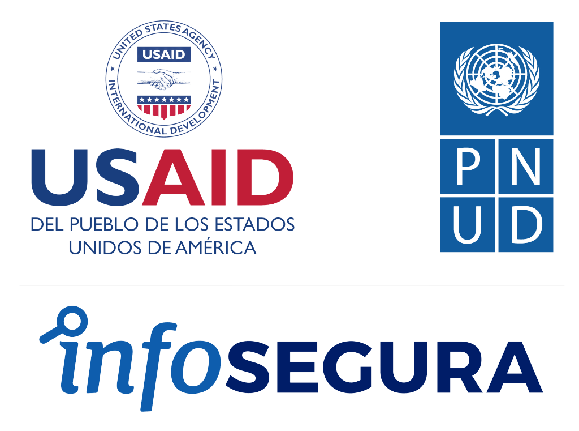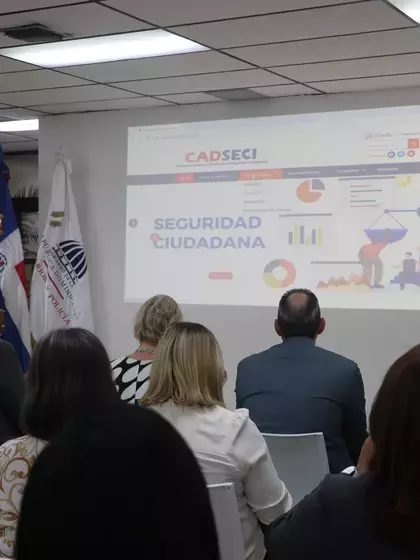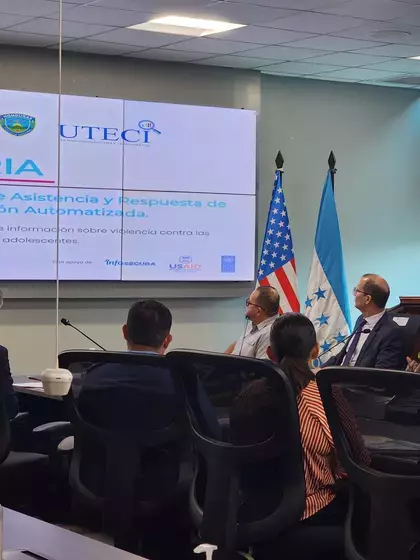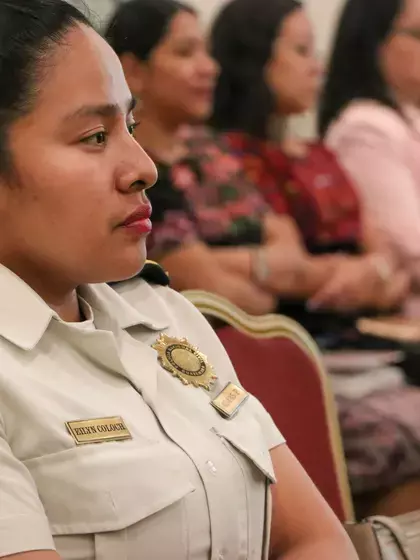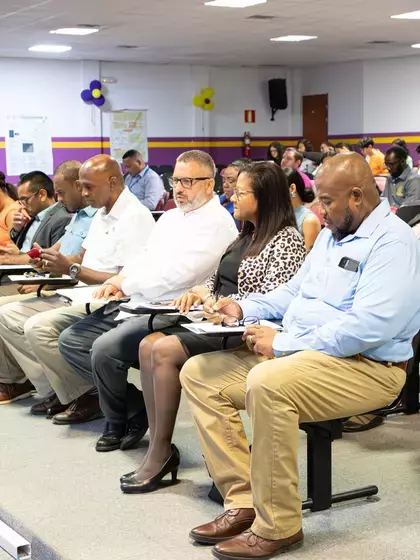InfoSegura participates in workshop on Big Data and citizen security analysis
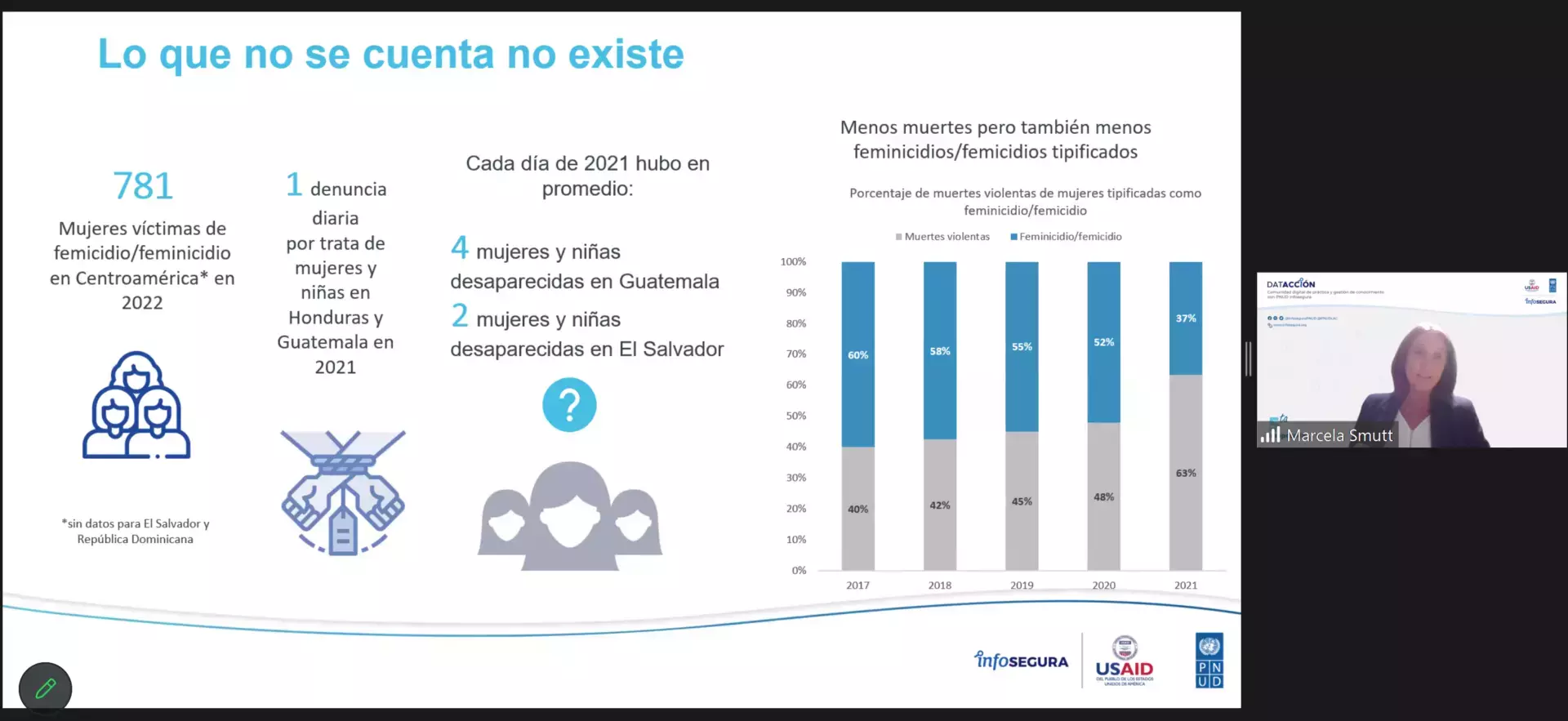
Successful international experiences show that for actions formulated and implemented as a result of public policy to be effective, they need to be data-driven, evidence-based. In recent years, technology has provided access to prodigious amounts of information. Nevertheless, in many cases, the information that is available fails to meet the quality required.
To further explore the issue of evidence generation as an essential process for citizen security policies, Marcela Smutt, Regional Coordinator of the UNDP InfoSegura Project, participated in the online workshop “Big Data and analysis of security and violence for sustainable development,” organized by the Data-Pop Alliance (DPA), with the support and sponsorship of the Spanish Agency for International Development Cooperation (AECID).
During her intervention, the Regional Coordinator of UNDP InfoSegura gave an overview of the status of the main indicators for violence and citizen security in different countries throughout Latin America, focusing on the countries the Project is present in: Belize, Costa Rica, El Salvador, Guatemala, Honduras and the Dominican Republic. Marcela Smutt also described the contributions that UNDP InfoSegura Project has made to the production of information and territorial analysis on issues like violence against women, as well as the development of a variety of tools and technologies that have been crucial for governments in the region to apply their policies and strategies in matters of prevention and citizen security.
The workshop mainly aimed to be a contribution toward the development of introductory knowledge in the use of Big Data methodologies and technologies to generate official statistics on security and violence in Latin America.
Based on a multidimensional vision, the UNDP InfoSegura Regional Project, in partnership with the United States Agency for International Development (USAID) have worked for nine years with institutions in Central America and the Dominican Republic on designing and implementing evidence-based and gender-responsive public policies for citizen security.
